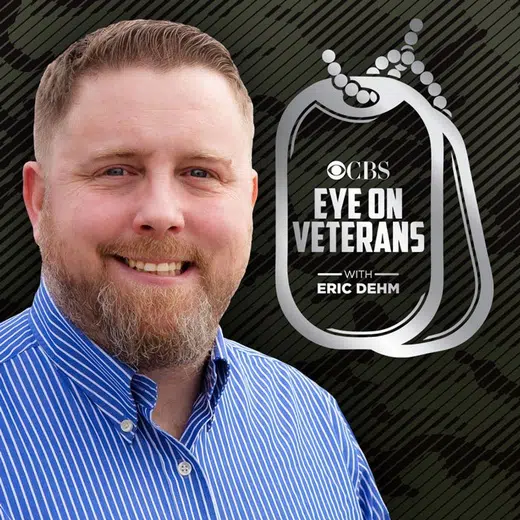By Dan Levine and Hyunjoo Jin
(Reuters) – Closing arguments are set to begin on Tuesday in the first U.S. trial over allegations that Tesla’s Autopilot driver assistant feature led to a death, and its results could help shape similar cases across the country.
The jury trial, in a California state court, featured testimony from one Tesla employee about Autopilot that the company repeatedly asked to be kept hidden from the public. A judge refused.
The civil lawsuit alleges Autopilot system caused owner Micah Lee’s Model 3 to suddenly veer off a highway east of Los Angeles at 65 mph (105 kph), strike a palm tree and burst into flames, all in the span of seconds.
The 2019 crash killed Lee and seriously injured his two passengers, including a then-8-year-old boy who was disemboweled, court documents show. The lawsuit, filed against Tesla by the passengers, accuses the company of knowing that Autopilot and other safety systems were defective when it sold the car.
Tesla has denied liability, saying Lee consumed alcohol before getting behind the wheel. The electric-vehicle maker also claims it was unclear whether Autopilot was engaged at the time of the crash.
Tesla has been testing and rolling out its Autopilot and more advanced Full Self-Driving (FSD) system, which Chief Executive Elon Musk has touted as crucial to his company’s future but which has drawn regulatory and legal scrutiny.
The company argued that punitive damages should not be awarded in the case. But plaintiff lawyers cited testimony from Tesla engineer Eloy Rubio Blanco, who acknowledged during the trial that Tesla understood software on the car could have latent defects.
On the stand, Rubio also rejected a suggestion from Lee’s attorney that the company chose the name “Full Self-Driving” because it hoped the public would think its vehicles had more features.
Closing arguments are scheduled for 10 a.m. Pacific time.
(Reporting by Dan Levine; Editing by Richard Chang)






